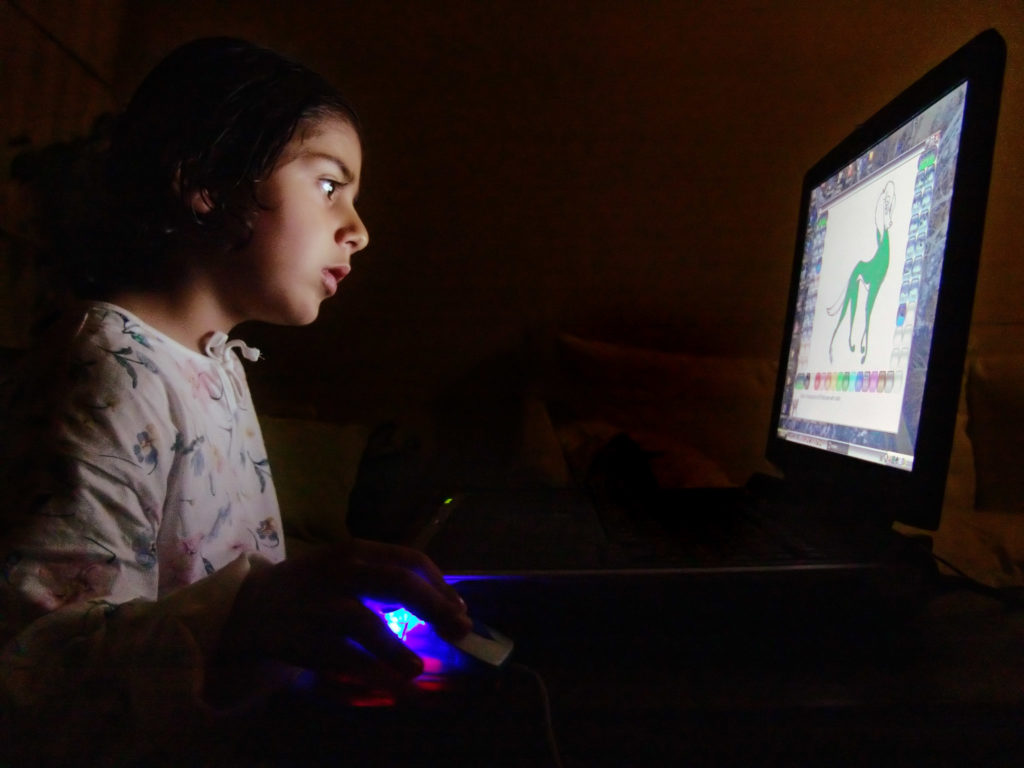Blaming Silicon Valley’s Finest for our tech addiction and asking them to do something about it is a wonderful example of the tendency they’ve generated in us to expect things to be done for us.
It all looked a bit like the tech industry had been invited on stage as the headline act and tripped over its own mic cable. With the industry’s political capital having taken a dent, insiders and ex-insiders who felt the moment of circumstance on their side began to speak out about tech addiction and the questionable influence of Silicon Valley’s Finest on the sub-conscious societal fabric.
Antonio Garcia Martinez kicked things off back in August of last year, as an ex-Facebook executive he had come to the conclusion that society was going to collapse and that living as a recluse was the only course of action. Then, in November, Sean Parker, of Napster fame, voiced his concern about the kinds of decisions social media engineers make in order to keep people using the technology they create, introducing the language of addition to the conversation.
Since then Google design ethicist Tristan Harris and former Facebook investor and adviser Roger McNamee have set up the “Truth About Tech” campaign and Catherine Price has published “How to Break Up With Your Phone.” And CEO of Salesforce, Marc Benioff, said Facebook should be regulated like the cigarette industry.
All of which adds up to a unavoidable volley of concern, and amid the current feeling that all political issues are pivotal in some way, the future must be all together less colourful for tech? People want to know the effect such things will have on children, what it will take to reform the current way of doing things, and what the neurological implications are.
But one can’t help feel that this topic is at least partly fuelled by the fact that it’s a conversation between the tech sector, who like smartphones, and the media, who can’t be deprived from their smartphones. That’s not to say there aren’t issues to be addressed, but it’d be difficult to argue that media coverage of the topic isn’t somehow self-fuelled. It is always worth remembering, while reading about teenagers who can’t put down their phones, that there are plenty of people who use social technology to meet up with one another, to stay in touch while apart, to talk anonymously to like-minded folk about personal problems, or maybe just as a little addition to a normal life which trundles on much as it would have done pre-tech.
Aside from which, the problems worth attending to include tech companies trying to use natural, biological processes in order to increase their market share, and companies in general – but most recently technology companies – not taking recognising the level of effect they’re having.
The tips which have been suggested to avail ourselves of include things like deleting useless apps, turning off non-essential notifications, using ‘do not disturb’ call times, and using the greyscale setting on your phone to remove all the colour from your phones screen. All of which suggest another worrying precedent worth opposing. These settings are all already available in your phone and apps, so requesting the tech companies take more responsibility is not a matter of asking them to introduce or remove certain features, it’s a matter of asking them to make default certain settings which some people (many of whom seem to be in the media) now recognise they are in need of.
A precedent of applying pressure to companies to get them to make decisions for us also seems a worrying precedent, does it not?
Facebook, for one, have responded with their increasingly famous ‘time well spent’ initiative. This involves reducing the amount of content people see from organisations – and in particular media organisations – in their News Feed and increasing what people see from their friends and family. This might just be a PR move, so we’ll have to see whether Facebook’s intent is sincere. Initial signs look good as it’s already lost them money. Nevertheless, the media don’t seem so keen on reducing our tech use all of a sudden.

